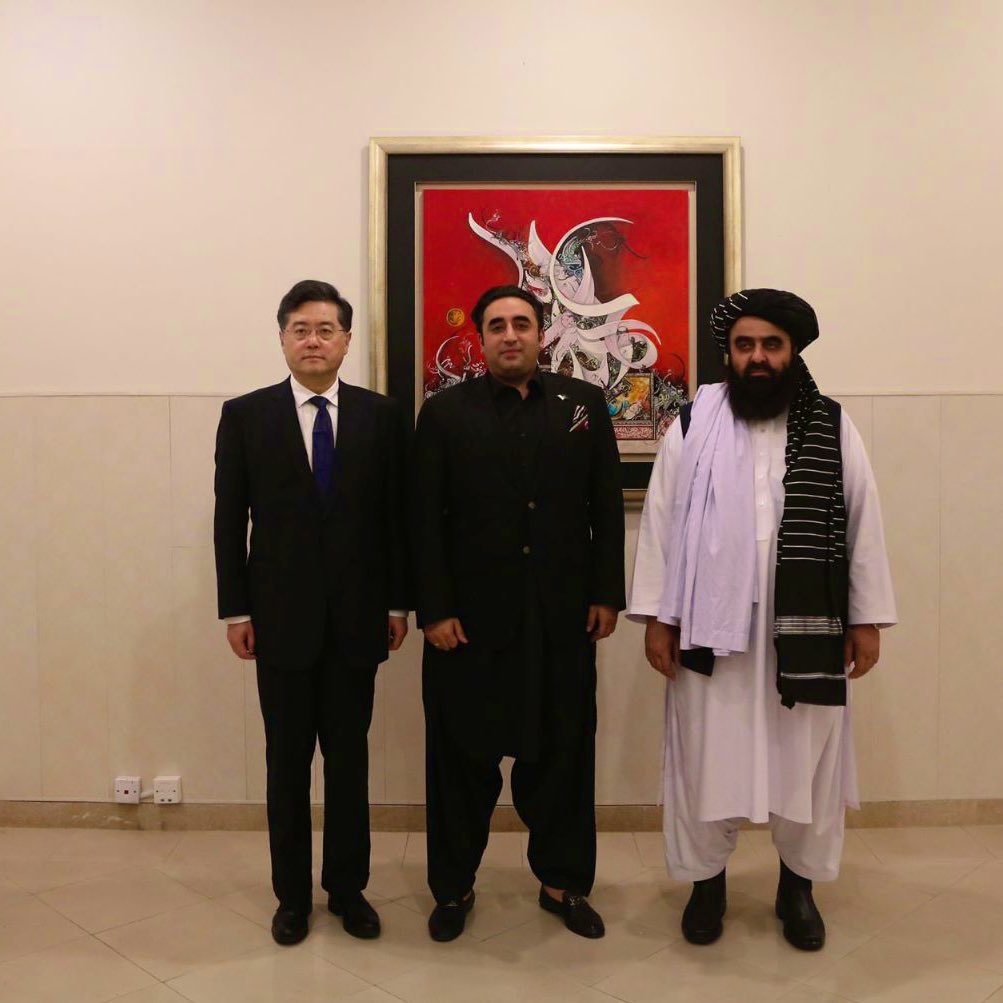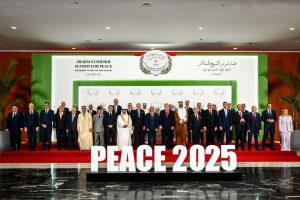The CPEC crosses into the Khunjerb Pass in the Gilgit Baltistan region where activity is being stepped up as the Chinese want greater and safer access through the volatile region where its personnel and establishments have been attacked by the militants. This has in turn entailed a greater Pakistani military presence. Both sides are encouraging local trade exchange. The net loss is to the fragile ecology … writes Dr Sakariya Kareem
Increasing military presence, including camps for the militants and the footprints of the China-Pakistan Economic Corridor (CPEC), is destroying the ecology of the Jammu and Kashmir region under Pakistan’s control.
The forest cover has fallen steeply, hurting the region’s ecology, media reports and expert commentators in Pakistan say. For obvious security reasons, they do not specifically talk of the military presence, nor of the militants’ camps that are cited with evidence by the Western think tanks. On the other hand, Pakistani writers, alleging collusion between political authorities and the “timber mafia”, seek the army’s ‘intervention’ to prevent the felling of forests and the smuggling of wood by private contractors.

The CPEC crosses into the Khunjerb Pass in the Gilgit Baltistan region where activity is being stepped up as the Chinese want greater and safer access through the volatile region where its personnel and establishments have been attacked by the militants. This has in turn entailed a greater Pakistani military presence. Both sides are encouraging local trade exchange. The net loss is to the fragile ecology.
An editorial in Daily Siasat expresses concern over the “merciless cutting of timber, smuggling and deforestation in PoJK.” The absence of a forest policy and corruption has made the situation “extremely vulnerable,” it warns.
“The situation is alarming as it is not only destroying the resources of PoJK without any benefit to the state but also extremely harmful to the environment. There is a need to provide alternate sources of fuel so that the cutting of trees could be stopped. The situation demanded immediate action and resolution else negligence in this situation would invite some big environmental disaster.
The PoJK is known as a forestry state with 42 % of its 13,297 square kilometres (5,134 sq. miles) under the control of the Forest Department. The estimated population of the PoJK is about 4.36 million of which 88.12% of the rural population depends on forest resources, livestock and agriculture for their livelihood.
Writing in Pakistan Observer, Hammad Gilani said: “A closer look reveals shocking losses, such as the massive deforestation by the timber mafia in the undulating valleys of Pak-held Kashmir and the rapid deforestation in dense green areas.”
He warned that “If this situation continues then forests and trees will soon be cut down from Pak-held Kashmir. Rain and snowfall will stop in the region, which will end the natural beauty.”
Gilani blamed the “timber mafia” that works in collusion with the government authorities. A major reason for deforestation is the political backing of the timber mafia. As a result, the political people are sidelined for their part and the mafia continues to massacre this great blessing of nature.”
Thanks to this onslaught by the humans, “as time goes, this beautiful land is losing its beauty. Dense forests are slowly disappearing and in turn, adversely affecting the environment.”
The government has failed to provide fuel for the people living near forests. Their “unwise approach” is to use wood and forests for their daily needs which is considered to be the main cause of deforestation. Most rural households use forests for their livestock fodder, cutting large trees for constructing their homes, ceilings, bridges, furniture and most importantly for fuel purposes, which is the only source of energy available for them (cooking and heating). An average household in PoJK consumes three trees for maintenance such as fixing roofs and for fuel.
Heavy utility of wood for commercial and residential construction is continuing in an unrestricted manner. The wood has high commercial value in the rest of the country. Timber products are also used by the local community “for cash”, Gilani pointed out.








